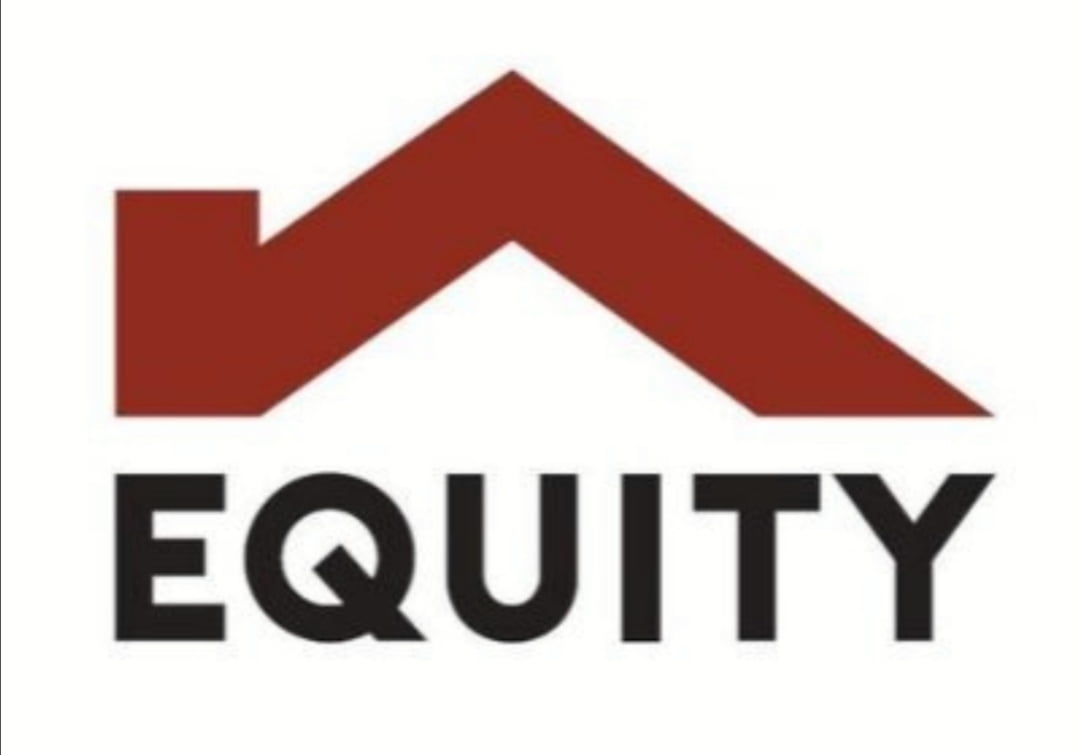[ad_1]
A sea of protesters quickly took over the center and north of the capital Bogota, pushing for changes in the conservative president’s agenda.
Several times, shouts of “Get out Duque” were heard. Police presence was heavy.
“The streets will not be silenced!” read a slogan written in chalk on the sidewalk.
The march — which included concert stages along the route where bands played — wrapped up without incident.
“The government has just been indifferent. It doesn’t want to listen to us, it doesn’t want to sit down and talk, it wants to impose,” said Alejandra Obregon, 27, a university student pushing for greater access to public education.
Protests against Duque’s 15-month-old government first erupted less than three weeks ago — what began as a general strike has morphed into a wider display of discontent over his economic policies, unemployment, political corruption and drug-financed violence.
Many feel that efforts to end the decades-long armed conflict with the country’s FARC rebels took away from progress in other areas of society.
They want the former leftist rebels to fully comply with the peace deal, and an end to what they say are targeted killings of indigenous people, social leaders and former guerrillas.
Protesters also want Duque to dismantle the feared ESMAD riot police, widely criticized for its heavy handed response to protesters.
Though mostly peaceful, the protests have so far left four dead, about 500 protesters and military injured, and more than 200 people arrested.
Duque has yielded to some of the other demands on tax reform, announcing the return of Value Added Tax to the poorest 20 percent of the population and benefits for companies that hire young people.
jss/mdl/sst
[ad_2]















































